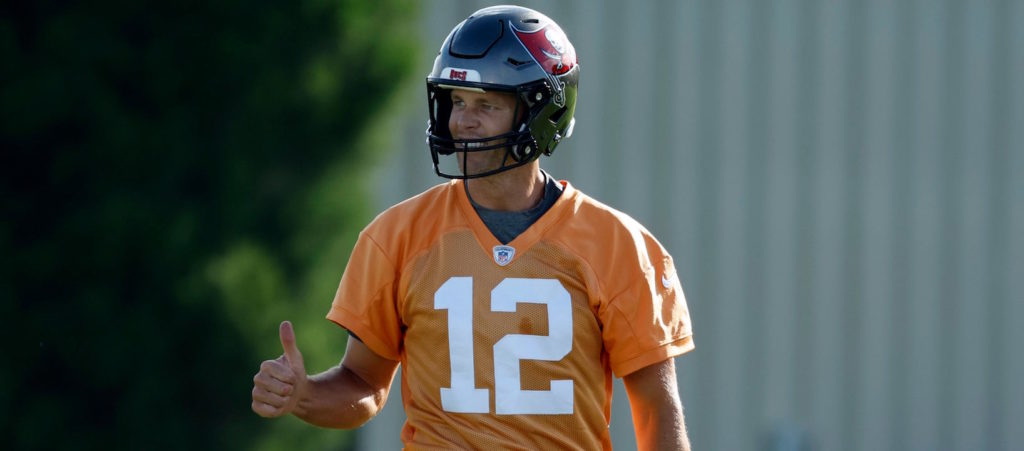
The defense is an essential part of soccer. The defense involves players taking turns in the middlefield, which divides the field in half. The field is divided in half by forwards, who usually start games on the midfield lines. They move forward when the ball crosses the line, but often don't get as close as their goal. They are also expected to stay near the midfield line when they get close to their own goal, which allows the defensive players to do their job effectively. When the ball comes back, however, they must be ready to score.
Goalkeepers
Goalkeepers play an important role in defense soccer. Their main task is to stop their opponent's shots. Goalkeepers must also be ready to handle mistakes as well as take advantage of opportunities. Goalkeepers need to study the tactics of their opponent and search for scoring opportunities. Goalkeepers should be precise in their movement to prevent a shot from being taken and must react quickly with their feet.

Defenders
In soccer, the defense position is taken by a defender. This position requires a high level of endurance and physical fitness. This position requires patience and calmness when handling the ball. They must be able react to changing situations. They need to be aware of their teammates' positions as well as the positions available on the field. When taking the ball, defenders should try to anticipate where the ball will go before passing it. Defenders should know where their opponents are and what they can do for them.
Corner kicks
The definition of a corner kick in the rules of defense soccer is very simple. The corner kick occurs at the corner arc, about ten feet from the corner posts. The ball must stay stationary during the kick. It may move outside the arc. If the ball does move, the defending teams must move into that area. If the ball is still in play, the defending side may take a kick. But, it must remain out of the corner.
Throw-ins
Throw-ins are an extremely common thing in soccer. Often times, a teammate will receive a throw-in that begins an attack, but it's crucial to keep the ball inbounds. Throwing the ball to a running player is better than to tossing it to a stationary player. The defense will react faster if the ball is moved, but standing still makes the defense's life easier. Below are some tips that will make throw-ins easier.

Tactical intelligence
Tactical intelligence is a crucial element of effective teamwork, especially in defense soccer. An elite striker can emerge from a technically gifted player who is quick to make decisions. This book provides an analysis of key defensive unit players individually and as a whole. This book includes training exercises for coaches that they can implement in their own teams. The authors also mention the importance to train young players in order to acquire this flexibility. Tactical intelligence in defense football is essential for winning matches and qualifying at international tournaments.
FAQ
How do I play soccer?
Soccer is played with a soccer ball. A typical match lasts for 90 minutes. During the 90 minute match, the ball is kicked continuously. The match ends when the teams with the most goals win.
How do you score goals in soccer?
Soccer is all about getting the ball past the defense of your opponent and into their own goal. The ball is considered a goal once it enters the goal. In soccer games, goals count as points.
What does the "A," in soccer, stand for?
The letter "A" is for Association Football. It is the official nickname of soccer. Because the game was developed first in England by Oxford University students, the word association is derived from that fact.
Statistics
- the estimated cumulative television audience for the 2006 World Cup in Germany was 26.2 billion, an average of 409 million viewers per match." (en.wikipedia.org)
- Get 10% off your first purchase using code BLOG. (technefutbol.com)
- Even with the new issuance, control of the club will be retained by the Glazer family as they will retain 67% of B shares which have voting power, so little will likely change in the general approach taken to the finances of the club. (sites.duke.edu)
- After hosting an entertaining World Cup finals in 1994, the United States possessed some 16 million football players nationwide, up to 40 percent of whom were female. (britannica.com)
- From the 1850s onward, industrial workers were increasingly likely to have Saturday afternoons off work, and so many turned to the new game of football to watch or to play. (britannica.com)
External Links
How To
How to improve your soccer passing
Passing is a key skill in football (soccer). It involves moving the ball around between players and maintaining possession. To be successful, you must be able pass quickly and accurately.
To learn how to pass well you need to know the types of passes and where and when they should be taken. It is important to practice these passes until you become a pro at it. There are four main types of passes: through passes, long passes, through balls, and short passes. Short passes are made from close range and move the ball forward. Long balls are thrown towards the goalkeeper of the opposing team. Through balls can be passed directly into the pitch's middle, and through passes to another team member are used to pass the ball to your goalkeeper.
Keep it simple when passing the ball. Make sure your teammate has enough room before he gets it. Your teammate may lose his balance, or even fall, if he doesn't have enough space to receive the ball. When playing defense, you should always cover your teammates if possible. This way, your opponents cannot easily use them to attack.
Another thing that you should remember during a game is that you should never throw the ball away. It is easier to score if you throw the ball away, since the opposing player could profit from your mistake. Always look for scoring opportunities and open spaces. Look for weaknesses in your defense and take advantage of them.
You can improve your playing ability by practicing every day. To prepare for your next match, you can do drills. Before a match begins, make sure you are properly warm up. You should then give it all you have during the game. Keep your head calm and cool. These are important to help you perform well during a match.